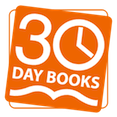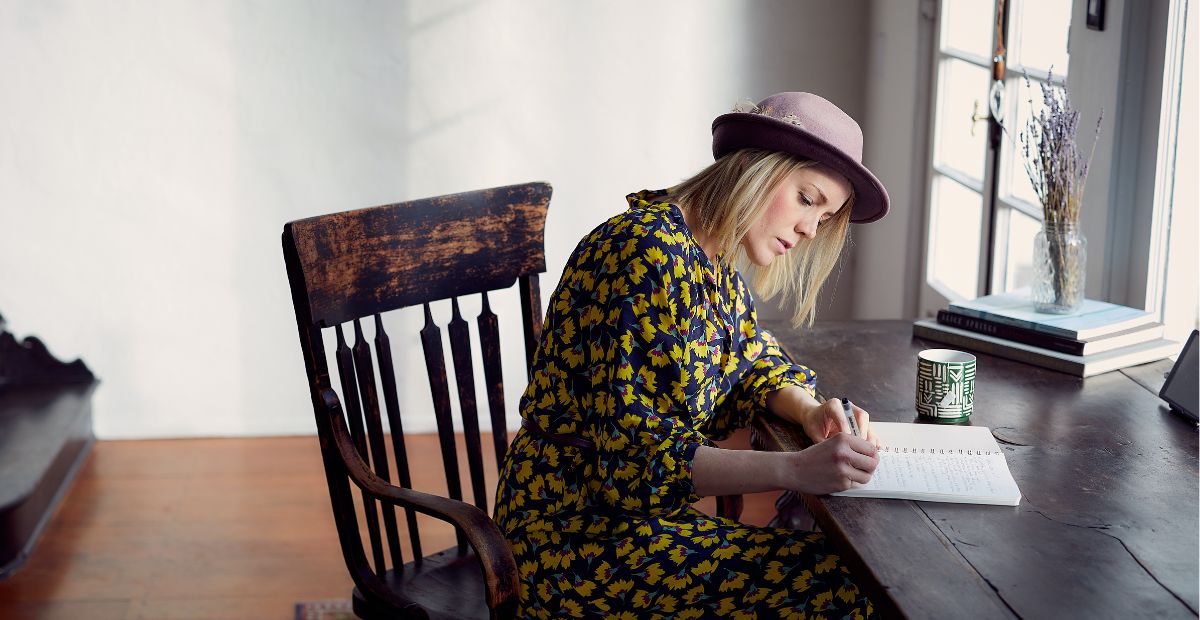Sculpting Life Stories: 8 Expert Biography and Memoir Editors You Need
Every life has a story, and every story has the power to inspire, educate, and transform. Biographies and memoirs are more than just accounts of individual lives; they are windows into unique worlds, experiences, and perspectives. But crafting a compelling narrative from a lifetime of events requires more than just a keen memory. It demands the finesse of a skilled editor who can shape, refine, and polish your tale, ensuring it resonates with readers.
Whether you’re penning the journey of a renowned figure or recounting personal memories, selecting the right editor is crucial. In this listicle, we’ll introduce you to the top biography and memoir editors who can help turn your life’s chronicles into literary masterpieces. Let’s dive in!
1. Laurie Chittenden
Laurie Chittenden brings over two decades of editorial expertise to the table, having honed her skills at renowned publishing houses such as Macmillan, HarperCollins, Penguin Random House, and Simon & Schuster. Based in New York, NY, Laurie’s editorial journey is marked by her work on bestselling and award-winning fiction and nonfiction titles. Her approach is collaborative, leveraging her insider knowledge to help authors craft flawless manuscripts and create sales pitches that stand out. Whether it’s literary fiction, memoir, or a range of other genres, Laurie’s dedication ensures that every story is polished to perfection, ready for literary agents or publishing. Her vast experience and keen editorial eye make her an invaluable asset for any biography or memoir project.
2. Michael McConnell
Michael McConnell stands as a beacon of editorial excellence in the literary world. With a decade of experience under his belt at publishing giants like Penguin Random House, Macmillan, and Hachette, Michael has honed his craft to perfection. He boasts an impressive portfolio, having edited award-winning literature and New York Times bestsellers. His recent projects encompass a diverse range of genres, from the historical insights of “Forget the Alamo” by Bryan Burrough, Chris Tomlinson, and Jason Stanford, to the intriguing “Play Hungry” by Pete Rose. Michael’s expertise is not just limited to editing; he has worked with renowned authors such as Ryan Holiday, Pete Townshend, and Elizabeth Gilbert. His commitment to quality and dedication to the written word make him an invaluable asset for anyone seeking top-tier editing services.
3. Pam Sourelis
Pamela Sourelis, based in Woodstock, IL, is a seasoned developmental editor and writing coach with over 25 years of experience. Her journey began with collaborations with esteemed publishers such as Scott, Foresman; McGraw-Hill; and Houghton/Mifflin. After earning her MFA in writing from Vermont College of Fine Arts, Pamela established her own company, working directly with authors across genres like historical fiction, sci-fi, and memoir. Her approach is deeply collaborative, focusing on enhancing the depth and shape of manuscripts while strengthening the author’s voice. With a unique blend of expertise and a passion for nurturing stories, Pamela is a top choice for authors seeking to refine their biographies and memoirs to literary excellence.
4. Penny Silva
Penny Silva, based in Chipping Norton, UK, is an esteemed editor with a rich background in lexicography and academic editing. With a notable tenure as the Deputy Chief Editor and later the Director of the Oxford English Dictionary, Penny’s expertise is unparalleled. She has contributed to various academic papers and has been instrumental in the creation of “A Dictionary of South African English.” Beyond her work with dictionaries, Penny has been actively involved in editing scholarly papers, especially for academics for whom English is a second language. Her deep understanding of language, combined with her meticulous attention to detail, positions her as a top choice for those seeking to refine their biographies and memoirs to the highest standard.

5. Amanda Owens
Amanda Owens, based in Cullman, AL, is a distinguished editor celebrated for her meticulous attention to detail and her ability to create compelling copy. With over 30 years of editing and proofreading experience spanning various genres, Amanda is particularly adept at achieving realistic dialogue that resonates with readers. Her extensive background includes collaborations on nature guides, scholarly works, memoirs, biographies, and even fantasy. Having lived and been educated in multiple countries, Amanda excels at working with authors for whom English is a second language. Her commitment to preserving an author’s voice while ensuring clarity and crispness makes her an ideal choice for those looking to elevate their biographies and memoirs.
6. Deirdre Stoelzle
Deirdre Stoelzle, based in Casper, Wyoming, is a seasoned editor with a remarkable track record spanning over three decades. With a rich background in both journalism and editing, Deirdre has collaborated with writers across various genres, ensuring their narratives shine with clarity and precision. Her editorial prowess is backed by her experience with major publishing houses such as Macmillan, and her dedication to the craft is evident in her collaborative approach. Whether it’s biographies, memoirs, or other genres, Deirdre’s expertise ensures that every manuscript is polished to perfection, capturing the essence of the story while preserving the author’s unique voice. Her vast experience and commitment make her an invaluable choice for those seeking top-tier editing for their biographies and memoirs.
7. Michael Sandlin
Michael Sandlin, hailing from Houston, TX, is a versatile book editor with an impressive 15+ years in the industry. His editorial prowess is evident in his extensive collaborations with prominent publishers such as Oxford University Press, SUNY Press, and Knopf/Doubleday. Michael’s portfolio boasts a diverse range of works, from rock ‘n’ roll memoirs and sports autobiographies to academic articles and scholarly books. Notably, he has been a regular contributor to the Oxford English Dictionary and has edited over 100 trade and academic books. With a keen eye for detail and a deep understanding of narrative structure, Michael is adept at enhancing both fiction and nonfiction, making him a top choice for authors aiming to craft compelling biographies and memoirs.
8. Courtney Oppel
Courtney Oppel, based in Helena, MT, is a seasoned editor with a particular expertise in biography, regional interest, and history. With a rich professional journey, Courtney has collaborated with esteemed publishers such as Rowman & Littlefield and Pearson Education. Her editorial approach is deeply collaborative, aiming to enhance the depth and clarity of manuscripts while preserving the unique voice of the author. Feedback from authors she’s worked with highlights her professionalism, insightfulness, and dedication to bringing out the best in their work. You won’t regret hiring her!
In the realm of biographies and memoirs, the right editor can elevate a personal narrative to a universal tale that resonates with readers far and wide. As you embark on the journey of sharing your life’s tapestry, partnering with one of these top editors ensures your story is not only told but remembered and cherished for generations to come.

